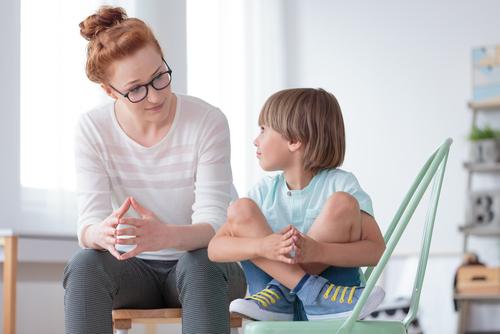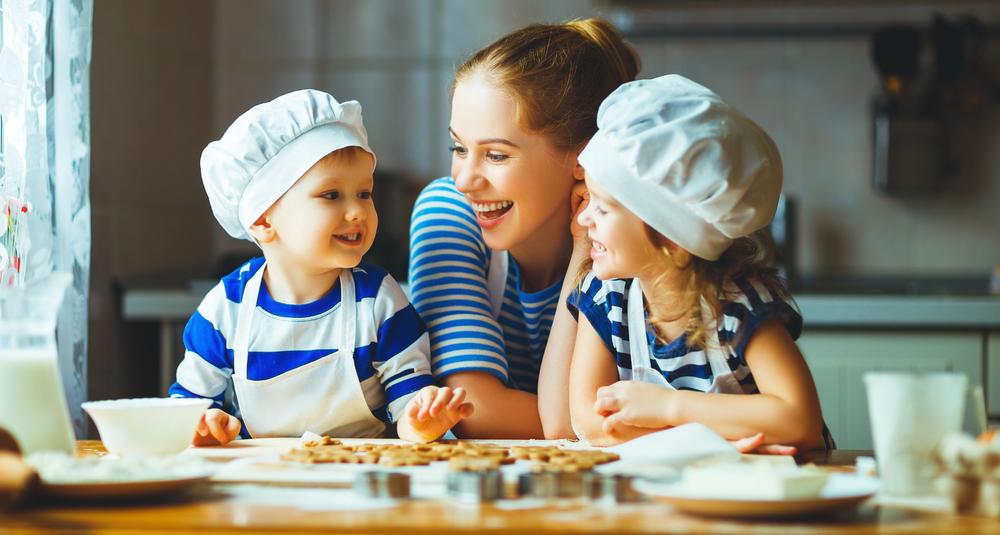All parents want the best for their children. If you ask any mother or father what they hope for their child’s future, they’ll say things like they want them to be happy, healthy, and successful. Despite those good intentions, unfortunately, parents can also pass down negative behaviors like anxiety, anger, and insecurity even if they don’t mean to.
All parents must remember that our children are always watching us. Every move, action, and response we make is often mimicked by our children, especially at a young age when they have nothing to compare that behavior to.



